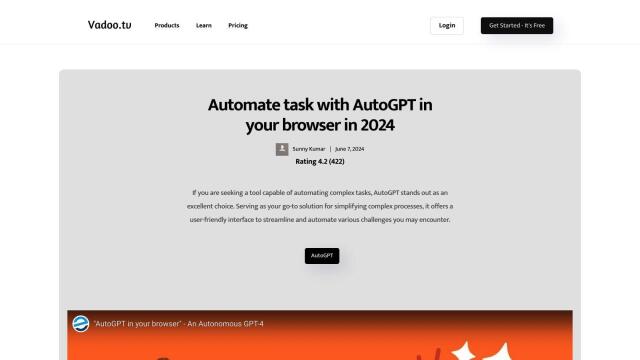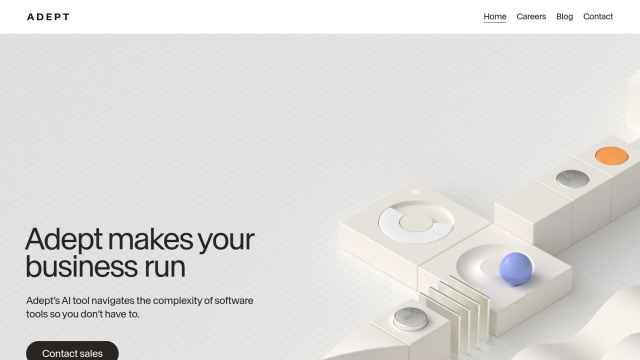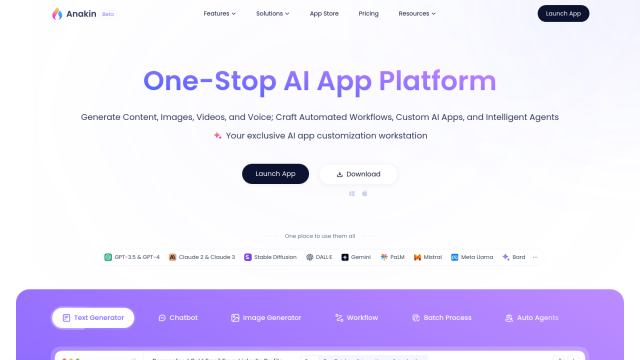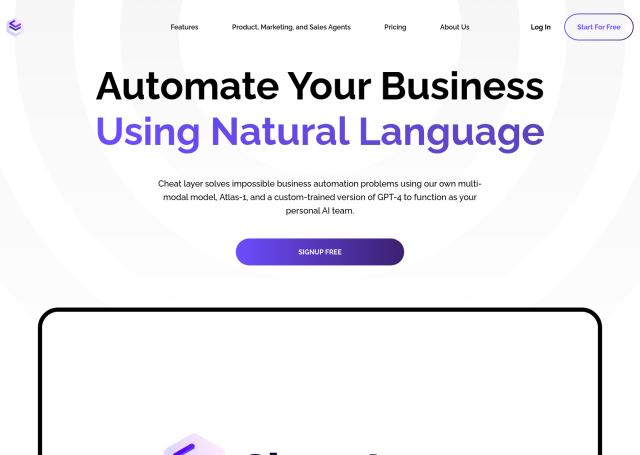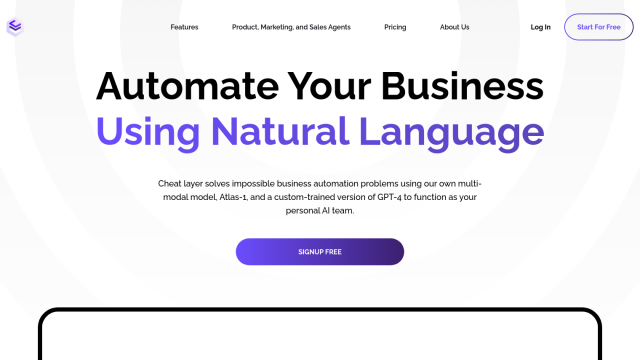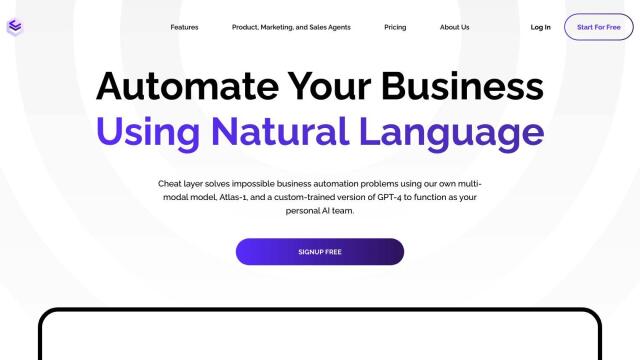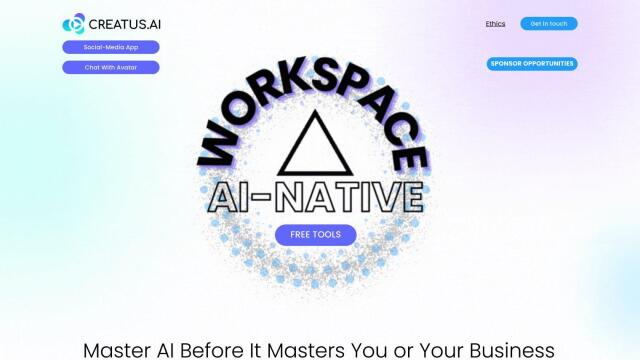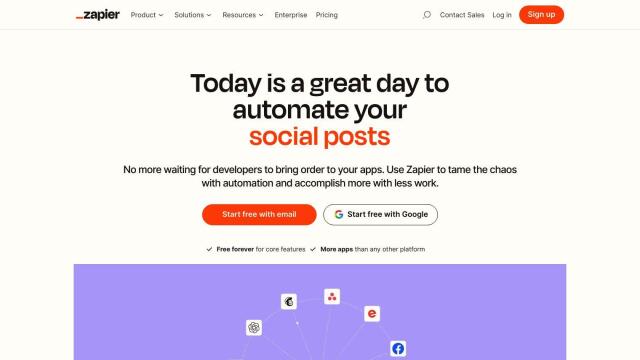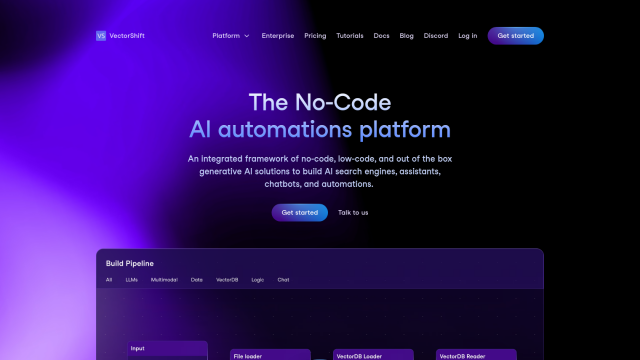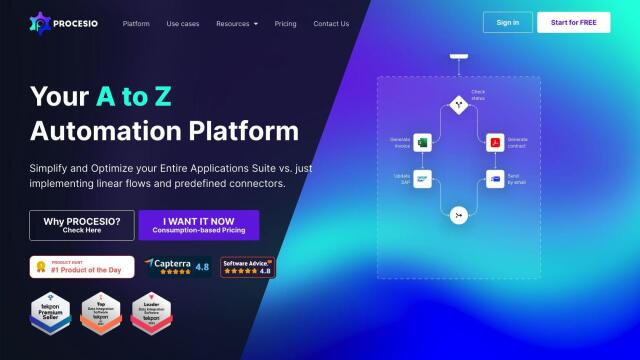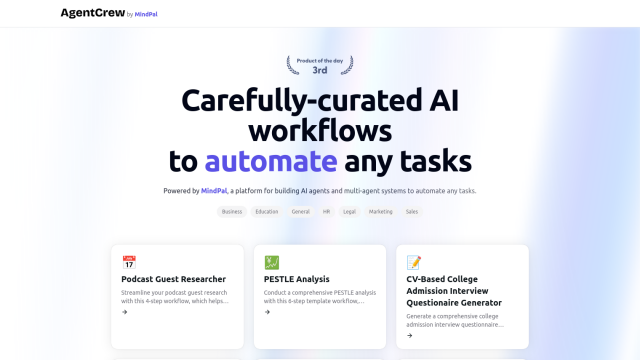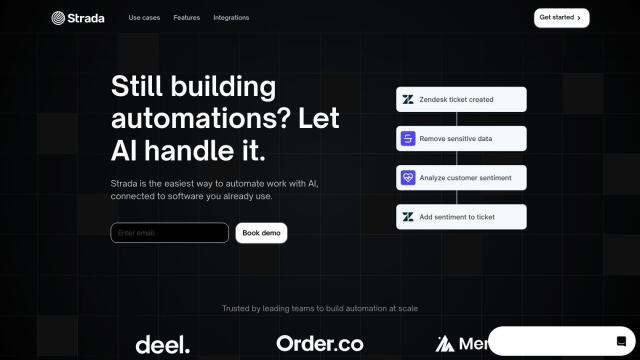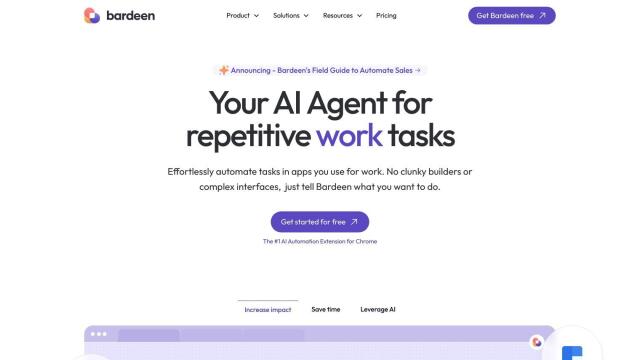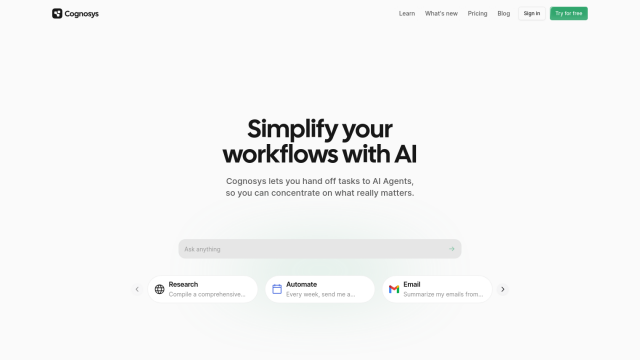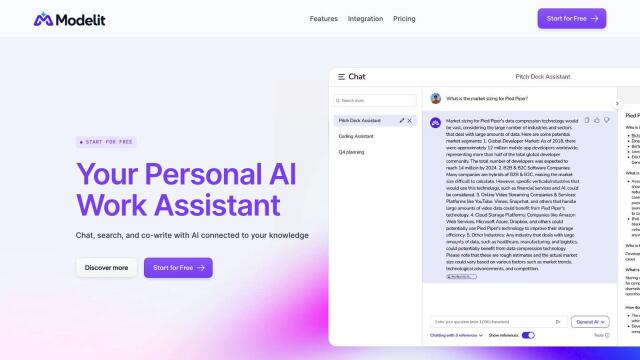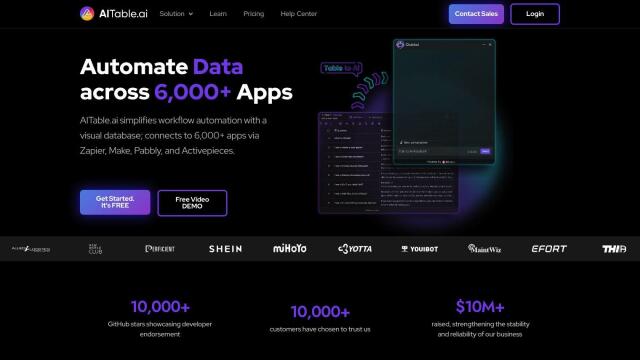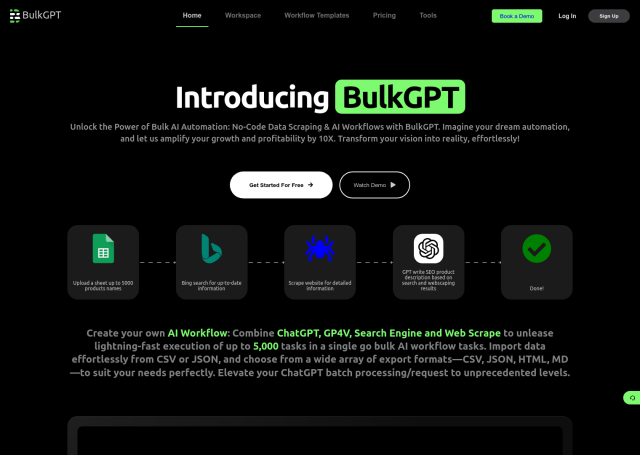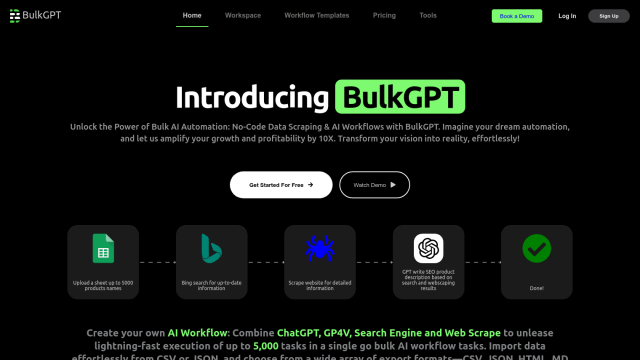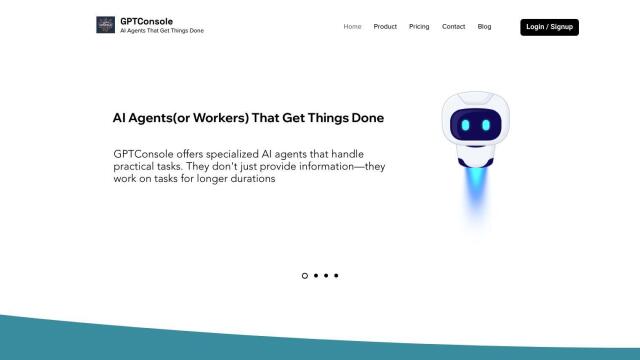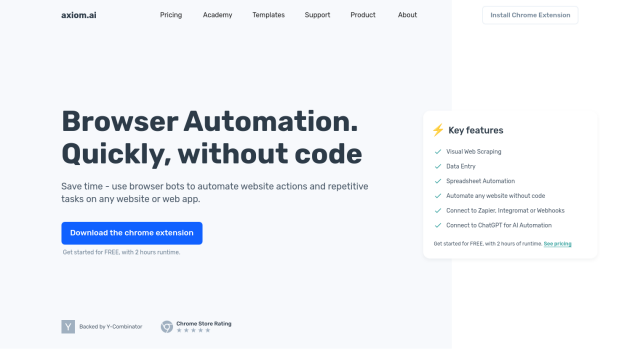
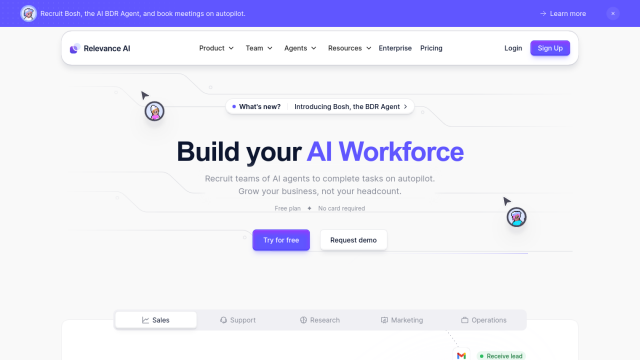
Relevance AI
If you're looking for a competitor to AutoGPT, Relevance AI is another top contender. It has a no-code builder that uses Large Language Model (LLM) prompts to convert processes into workflows, and it has features like autonomous execution, templates, guides and integration with tools like Zapier and Google. It's good for automating sales, support, research, content creation and other tasks, so it's a good general-purpose tool for increasing productivity and expanding business without hiring more people.


Abacus.AI
Another option is Abacus.AI, which lets developers build and run applied AI agents and systems at large scale using generative AI and neural networks. It includes products like ChatLLM for building end-to-end RAG systems, AI Agents for complex workflow automation, and predictive and analytical tools for things like forecasting and anomaly detection. Abacus.AI is designed to make complex AI systems easy to use and scalable, which can be particularly useful for businesses that need powerful AI.

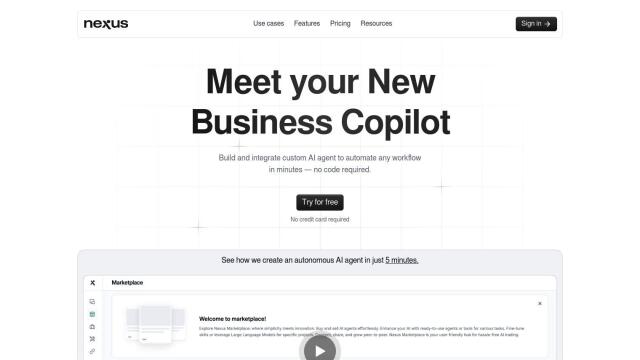
Nexus
If you're looking for a tool that's easy to use and can be deployed quickly, Nexus offers a no-code AI assistant builder that lets you create custom AI agents in a few minutes. You can upload knowledge, define tasks and integrate tools to automate processes in a few minutes. Nexus supports multiple AI models and integrates with more than 1,500 tools, so it's a good, relatively inexpensive option for a variety of business tasks, like sales, customer support and research.

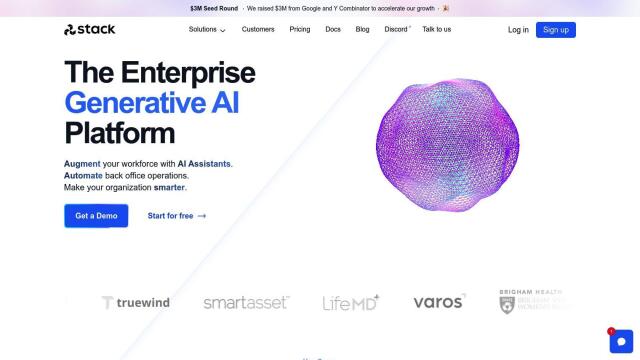
Stack AI
Last, Stack AI offers an AI integration platform that links AI with a broad range of data sources to automate back office work. It's got a user-friendly interface and drag-and-drop tools that require no or low coding skills. The platform has pre-built templates, enterprise-grade security and on-premise deployment options, so it's good for a variety of use cases, like RFP responses and clinical support.

